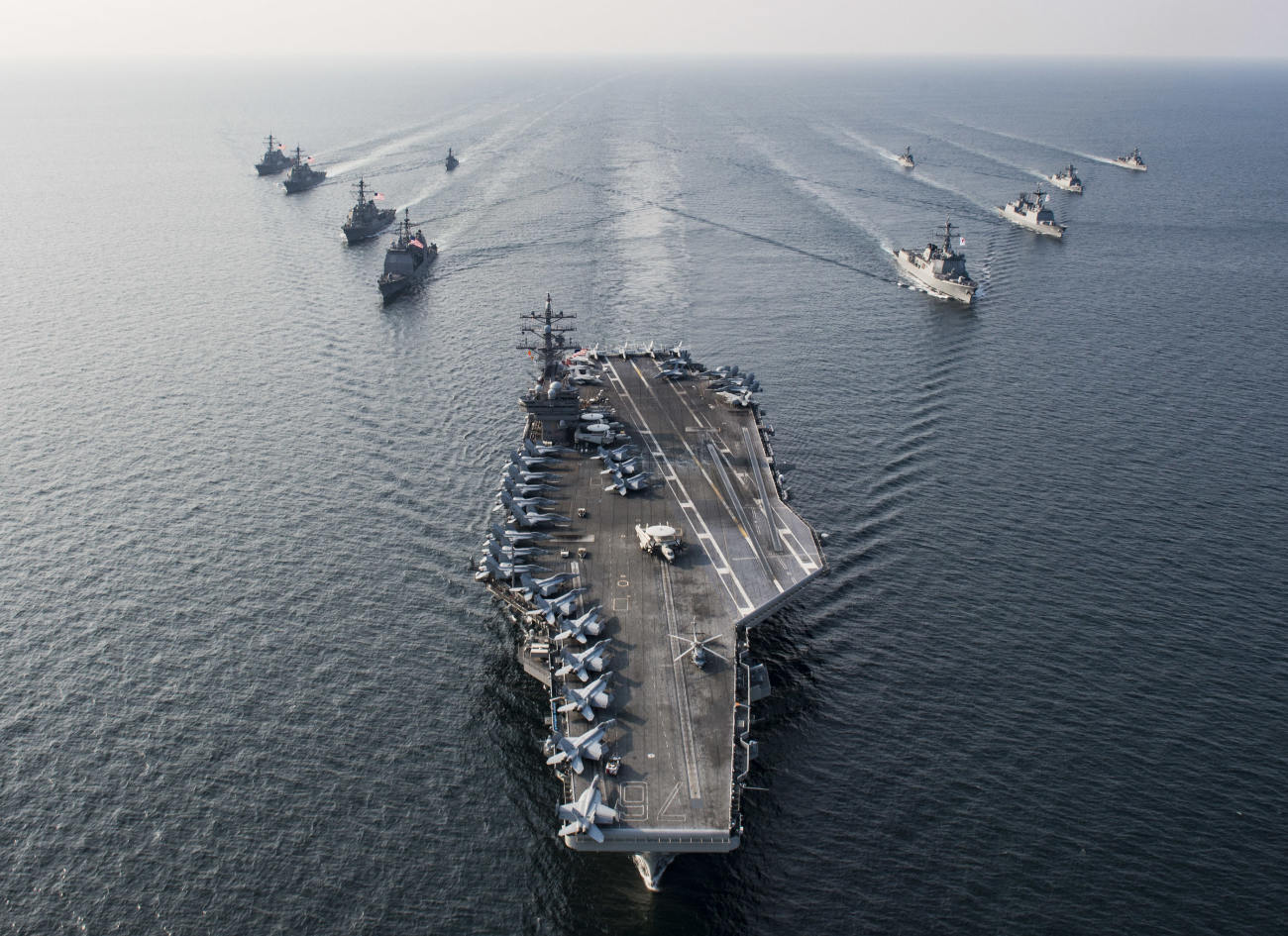A U.S. think tank — the Center for a New American Security (CNAS) — has released a new report that looks ahead to transatlantic security cooperation in the Asia-Pacific under the next U.S. administration. The report focuses on “low cost, high impact ways in which Europe and the United States could enhance their work together in the region.”
The CNAS believes that the Asia-Pacific is becoming increasingly important to both the United States and Europe, and that each would benefit from stronger transatlantic cooperation throughout the region.
Among the report’s recommendations:
- Enhance strategic high-level dialogue
The transatlantic agenda in Asia suffers from a lack of high-level coordination, dialogue, and planning. A joint U.S.-EU statement on a regional security issue such as the South China Sea would go a long way to strengthen the EU’s security role in Asia.
- Develop a shared outlook on regional trends
Washington views developments in Asia through a grand-strategy lens. From its perspective, China’s coercive behavior constitutes a long-term challenge to both the U.S.-led regional security order and the international rules-based order. In contrast, most European capitals tend to view China as a business and trade partner rather than a potential geopolitical adversary.
- Strengthen NATO’s partnership in Asia
Today NATO plays only a marginal security role in Asia. While Asia may not be at the top of the alliance’s agenda, the partnership model allows NATO to gain relevance in Asian security affairs.
- Cooperate on maritime security and global commons
Europe and the United States must pay close attention to developments in the South China Sea. The transatlantic partners must present a united front to stand up for core values. While European navies such as France, the U.K., and the Netherlands occasionally sail through the area, Europe lacks a coordinated effort. France’s proposal for a CSDP freedom of navigation mission in the South China Sea or a coalition of European ships integrated into French task forces are both possible options.
- Leverage transatlantic defence industrial cooperation
European and American companies are active players on the rapidly growing Asian defence market. What is lacking is a more coordinated transatlantic approach to defence industrial relations in Asia (including on the arms embargo and “dual use” technology sales to China).
- Help reform regional security architecture
The traditional regional security order in the Asia-Pacific, based on a bilateral U.S. alliance system, is increasingly under pressure. In order to maintain peace and stability in Asia in the 21st century, the regional security architecture must be reformed in a way that can integrate regional players and still engage constructively with China. The transatlantic partners share an interest in supporting a collection of embryonic regional security institutions and forums like the East Asia Summit and ASEAN.

